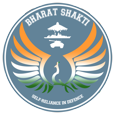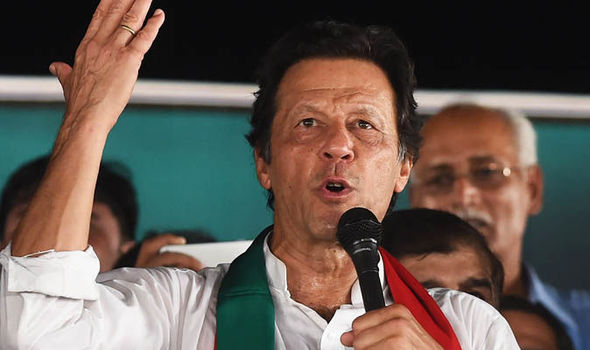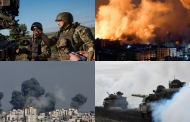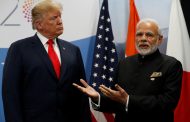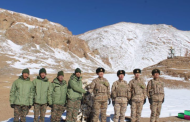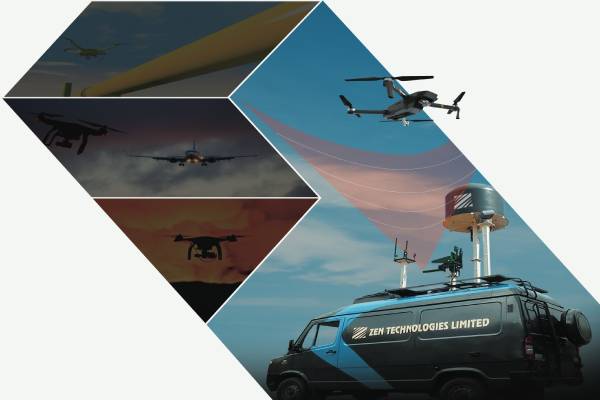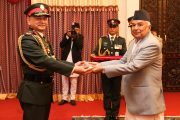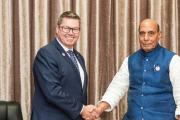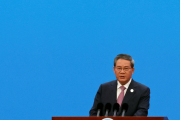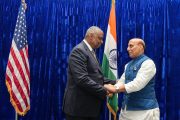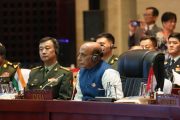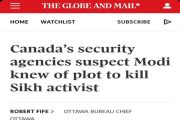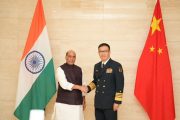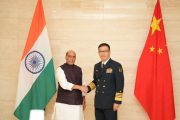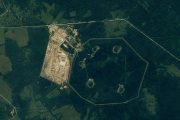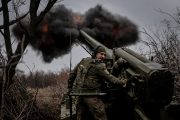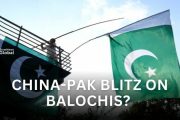Editor’s Note
The dust has settled in Pakistan and Imran is the new leader of Pakistan for the next five years. The elections involved a grand game of manipulations behind the scenes, to ensure Imran moves to Islamabad. The elections also witnessed the mass participation of terrorist groups in the garb of political parties. The author explores the limits to which Imran would allowed to step out, and to what extent have the terror groups achieved legitimacy.
ROLE OF RELIGIOUS AND TERRORIST LED POLITICAL PARTIES IN PAKISTAN ELECTIONS
Elections have concluded, Imran Khan has assumed office. For those who observed Pak elections, it came as a relief that the deep state sponsored terror and religious groups, converted into political parties, despite fielding large numbers of candidates and campaigning vigorously failed to make a dent in the election process. For many it appeared to be a relief that the national public rejected such groups.
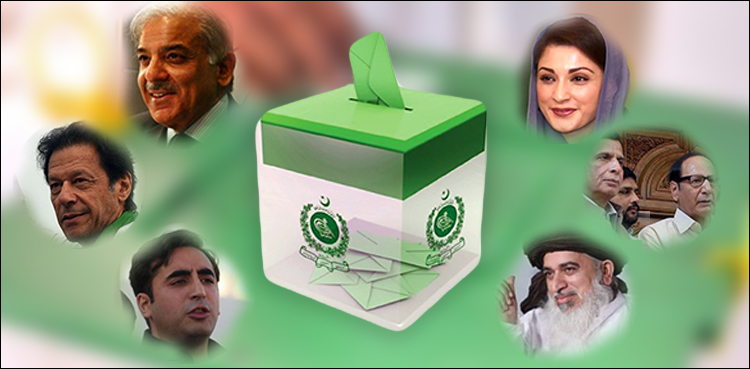
Image Courtesy: ARY News
The participation of Hafiz Saeed’s Milli Muslim League (MML) on the platform of Allah-o-Akbar Tehreek led to widespread international condemnation. The US joined in criticising Pakistan for providing an internationally designated terrorist a political platform.
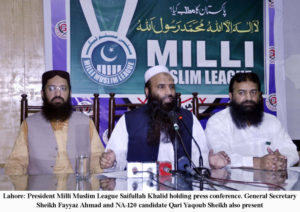
Image Courtesy: Ace News Services
Alongside Hafiz Saeed was also the Tehreek-e-Labbaik Pakistan, the political wing of the Tehreek-e-Labbaik Ya Rasool (TTLY) led by Khadim Hussain Rizvi. TTLY had launched the Islamabad blockade in November last year, almost on similar lines as Imran had done in November, 2016; both at the behest of the army. The blockade was lifted on the intervention of the army, and the army chief was given the credit for it. A Major General was photographed handing over money to the protestors, as they left the site. The courts had noted the same and
admonished the army. These two groups are closely associated with the army.
A collection of five religious parties under the common banner of Muttahida Majlis-e-Amal (MMA) also fought. They alone had 460 candidates in the fray and have been regularly participating in elections. The Pak government lifted the ban on Ahl-e-Sunnat Wal Jamaat led by Ludhianvi just prior to the elections. This party had been banned for being the political wing of the Lashkar-e-Jhangvi, a terrorist group allied to the Al Qaeda and the Islamic state. It is
responsible for having killed hundreds of Shias. It fielded over 150 candidates.
In the elections, religious and terrorist backed parties combined had over 1500 candidates for the national and provincial assemblies. Only the MMA won a handful of seats in the National Assembly, though TTLY won two seats in a provincial assembly and had an overall third position in Lahore. Their participation in elections was
objected to by the PML(N) and the PPP but backed by Imran. There were reasons for their induction into politics, which appear to be long term.
The first major reason for their foray into elections was to convey a message to mainstream political parties that if they continue to challenge the might and control of the deep state, these would become alternatives. If the Pak army could pull Imran Khan from obscurity to become the PM of the nation, pushing established parties out of reckoning, it could repeat the same in the future. If it could rig this election, it could very well do so again.
The second major reason was to doubly ensure that both the PML(N) and PPP, the two major parties, do not win the
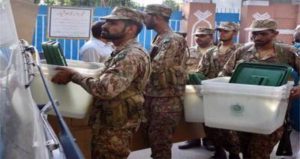
Image Courtesy: Times of Islamabad
elections. Removal of Nawaz, imprisoning him, debarring most of his top aides and forcing other known PML(N) members to either switch sides to Imran’s PTI or stand as independents were a few measures that the army had taken to facilitate a win for Imran. However, perhaps the army and the ISIS were still not sure that Imran would be able to win.
Under the circumstances, the army had only two options left to ensure Imran’s win. One was to split the vote banks of these two major parties and the other was rigging the results. Splitting the vote bank was possible by launching religious and terrorist groups in the fray. They were not expected to win many seats, but to draw away some supporters of these two parties. That the TTLY coming third in many seats in Lahore, which have been the
PML(N) stronghold, is testimony of success of the strategy. As these parties drew away voters of the PML(N), Imran’s candidates were able to close the gap between them and the PML(N) candidates.
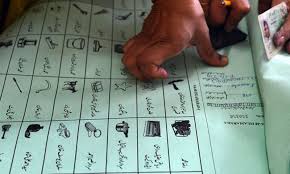
Image Courtesy: Hamariweb.com
The second option the army had was rigging, which has been officially claimed by both the PML(N) and PPP, as they were not provided a fair platform. There are also videos doing the rounds of soldiers being involved in counting votes.
The army had also intended to entangle Zardari further into the old corruption scandal, but the timing gave the game away. PPP, aware of this possible attempt changed tack and projected the party on the legacy of Benazir Bhutto, keeping Zardari away from the forefront of the campaign. The Supreme Court, reading the PPP strategy, halted the investigations against Zardari.
The third major reason for launching these parties was to bring them on the same side as Imran Khan. Imran approached each for support and it was forthcoming. None of the other two major parties approached them, knowing the deep state would ensure their rejection. With Imran and these parties having the blessing of the
army, it was evident that they would now work in tandem.
The final and most calibrated reason was to get these terrorist groups into mainstream politics, thereby earning for themselves, a degree of legitimacy. Despite objections raised by the US, Pakistan continued on the path chosen by the deep state. The government, seeking to show some semblance of independence, blocked Hafiz Saeed from registering his MML. However, under guidance of the deep state an alternative was found.
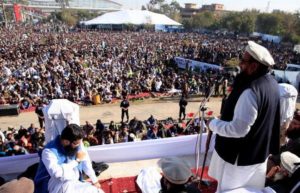
Image Courtesy: The Hindu
These religious and terrorist groups converted into political parties, had their first foray in elections. They have tasted blood and done what was expected of them. They would now bask in the shadow of Imran, aware that their future actions would not be condemned. They would continue to have political support and be protected from international pressures. Those claiming that the nation rejected them in favour of mainstream political parties, thus
displaying a set back to the military, may be wrong.
They would back Imran and not criticize or challenge him as they had done to Nawaz. They would also not resort to blockades and pressures provided Imran toes the army line. The arrangement would also help strengthen the power of the army. The army now has the nation and its leadership at its beck and call.
Maj Gen Harsha Kakar (Retd)

